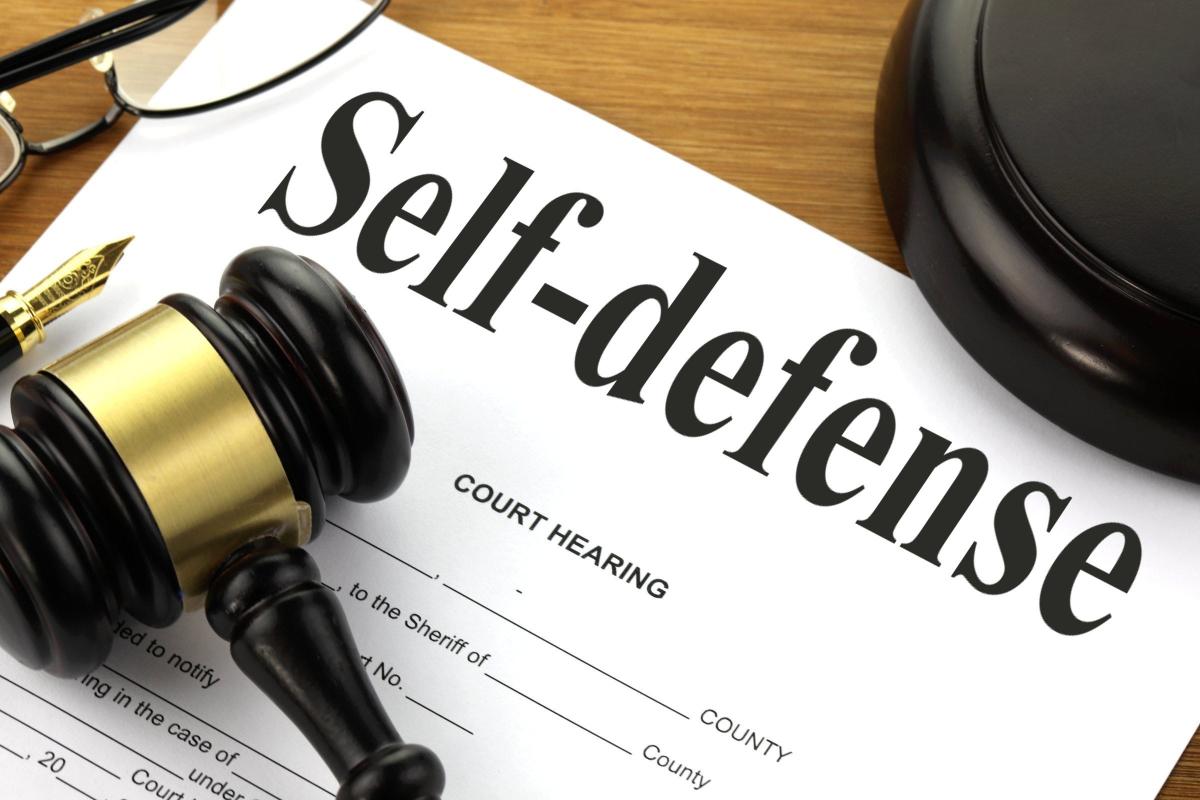Stand Your Ground laws have been a topic of significant debate across the United States. These laws change the traditional legal concept of self-defense by removing the “duty to retreat.” In other words, in places with Stand Your Ground laws, a person may use force, including deadly force, to defend themselves if they believe it is necessary, without first attempting to escape the situation. This can significantly impact self-defense cases in Kansas, and it’s vital to understand the nuances of the law.
What is Stand Your Ground?
- Definition: Stand Your Ground laws eliminate the duty to retreat before using force in self-defense. This means that an individual can meet force with force, even if they have a safe way to escape a dangerous situation.
- Historical Context: Traditionally, the legal concept of self-defense required a person to demonstrate that they first attempted to retreat from a threat before resorting to force. Stand Your Ground laws remove this obligation while still requiring that force be reasonable and proportionate to the threat.
Kansas’ Stand Your Ground Law
- K.S.A. 21-5231: Kansas law outlines its Stand Your Ground provisions under K.S.A. 21 -5231 (formerly K.S.A 21-3211). This law codifies the following principles:
- No Duty to Retreat: A person has no duty to retreat from where they have a lawful right to be if they reasonably believe force is necessary to defend themselves or others against an imminent threat.
- Imminent Use of Unlawful Force: The person can use force, including deadly force, if they reasonably believe it is necessary to prevent imminent death or great bodily harm to themselves or another person.
How Does Stand Your Ground Impact Self-Defense Cases in Kansas?
- Shift in Burden of Proof: In traditional self-defense scenarios, the defendant has the burden of proving self-defense was justified. Under Stand Your Ground, the burden can shift to the prosecution to disprove the defendant’s claim of self-defense.
- Potential for Increased Use of Force: Critics of Stand Your Ground laws argue that removing the duty to retreat can lead to an escalation of violence in situations that could otherwise be de-escalated.
- Case Examples:
- A Wichita homeowner shoots and kills an intruder who breaks into their home.
- In Topeka, a person in a parking lot defends themselves against a would-be mugger using deadly force.
- A store clerk in Kansas City uses force to stop a person who appears to be shoplifting and becomes threatening.
Controversies Surrounding Stand Your Ground Laws
- Racial Disparities: Studies suggest Stand Your Ground laws may be applied unevenly, disproportionately impacting minority defendants and cases where the victim is a person of color.
- Increased Violence: There’s concern that Stand Your Ground encourages the use of force in situations that could be resolved without violence.
- Arguments in Support: Proponents argue that Stand Your Ground empowers people to defend themselves without being forced to abandon a place they have a right to be.
- Arguments in Opposition: Critics contend the law is unnecessary, leads to more violence, and can be used to justify vigilantism.
What Should You Do If You Need to Use Force in Self-Defense in Kansas?
If you are in a situation where you need to use force to protect yourself or another in Kansas, here’s what you should keep in mind:
- Assess the situation: If possible, try to de-escalate or remove yourself from the threat safely. Use force only as a last resort.
- The immediacy of the threat: Force can be justified only if you reasonably believe it’s necessary to prevent imminent death or severe bodily harm.
- Proportionality: The force you use should be reasonable and proportional to the threat you face.
- Contact the authorities: Immediately report the incident to the police, even if you believe your force was justified.
- Seek legal counsel: Consult an experienced criminal defense attorney as soon as possible. They will guide you through the legal process, protect your rights, and build the best possible defense.
Understanding Your Rights
Stand Your Ground does not grant unlimited rights to use force. The following limitations are important to remember:
- Lawful presence: You must be in a place where you have a legal right to be in order to claim Stand Your Ground protection.
- Initial aggressor: Stand Your Ground does not apply if you initiated or provoked the altercation.
- Reasonable belief: Whether your actions and belief about the threat were reasonable is a crucial factor determined on a case-by-case basis.
Conclusion
Kansas’ Stand Your Ground laws significantly impact how self-defense cases are approached within the state. These laws provide robust protections for those who defend themselves in the face of perceived danger but also raise critical questions related to the justifiable use of force. If you are involved in a self-defense situation, understanding the complexities of the law and seeking qualified legal counsel is essential to protect your rights.
Sources
- Kansas Legislature, K.S.A 21-5231: http://www.kslegislature.org/li/b2019_20/statute/021_000_0000_chapter/021_052_0000_article/021_052_0031_section/021_052_0031_k/
- Giffords Law Center, Kansas Stand Your Ground Law: https://giffords.org/lawcenter/state-laws/stand-your-ground-in-kansas/
- ACLU of Kansas, Stand Your Ground: https://www.aclukansas.org/sites/default/files/field_documents/hts_stand_your_ground.pdf
Disclaimer: This article provides general information on Kansas Stand Your Ground laws and should not be interpreted as legal advice. If you have specific questions or concerns regarding a self-defense situation, consult with a qualified attorney.



